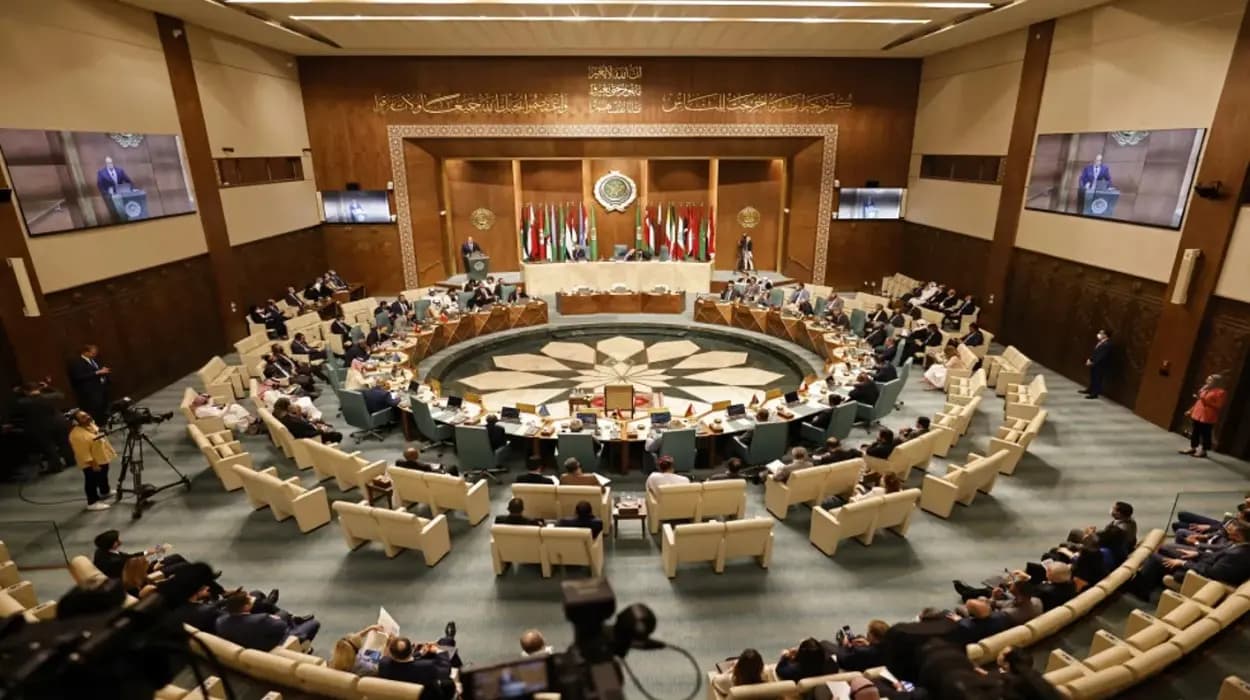Arab and Muslim leaders from across the region convened in
Doha, Qatar, to discuss coordinated responses to the recent Israeli attack that
has exacerbated tensions in the Middle East. The summit, marked by calls for
regional solidarity and a call for international intervention, reflected a unified
concern over the humanitarian impact and political consequences of the
conflict.
Arab, Muslim leaders respond to escalating conflict
In a significant diplomatic gathering in Doha on September
12, 2025, Arab and Muslim leaders assembled to deliberate on the implications
of the recent Israeli attack, which has drawn widespread condemnation. As
reported by Fatima Al-Najjar of Al Jazeera English, the summit was swiftly
organised by Qatar as a neutral yet proactive mediator within the region.
She noted that
“Leaders sought to forge a common stance that balances political support for Palestine with humanitarian concern for affected civilians”.
Calls for unity and regional coordination
As detailed by Ahmed Rashid in The National, the assembled delegates emphasised the necessity of unity across Arab and Muslim nations, underscoring that fragmented responses could undermine efforts for peace and justice. Rashid reported that Sheikh Tamim bin Hamad Al Thani opened the summit stressing,
“Our shared history and faith bind us to respond collectively against injustices that threaten the fabric of our societies.”
Several heads of state and ministers, including those from
Saudi Arabia, Egypt, Jordan, and Turkey, voiced strong condemnation of Israel’s
recent military actions, reiterating the right of Palestinians to sovereignty
and security. According to Huda Al-Jamal from Gulf News, the meeting included
calls for intensifying diplomatic pressure on Israel through multilateral
institutions and emphasised advocacy at the United Nations.
Humanitarian concerns take precedence
A medical delegation led by representatives from the
Organisation of Islamic Cooperation (OIC), reporting to Journalist Karam
Al-Sayed of Middle East Eye, presented a detailed assessment of the
humanitarian crisis exacerbated by the attack. The humanitarian appeal includes
urgent calls for international aid corridors and reinforcement of medical
infrastructure in conflict zones.
Al-Sayed highlighted that
“Leaders recognised the urgency of addressing displaced populations, access to food, clean water, and healthcare, with collective responsibility underscored.”
International legal and political implications
The Doha summit also addressed the broader legal and
geopolitical ramifications of the Israeli attack. As reported by Sarah
Al-Farouq of Reuters Middle East, diplomats discussed potential avenues for
international legal action and sanctions mechanisms, citing violations of
international law.
Al-Farouq notes that
“The discussion reflects an increasing willingness among Arab states to engage with global institutions such as the International Criminal Court, highlighting an evolving diplomatic posture.”
Qatar’s pivotal mediating role
Qatar’s role as summit host highlights its strategic position as a mediator in Middle Eastern conflicts. According to the Gulf Times, the Qatari leadership underscored the importance of dialogue and negotiation while backing humanitarian assistance. Sheikh Tamim’s remarks pointed to Qatar’s commitment to
“championing peace through diplomacy and fostering an environment for constructive dialogue among conflicting parties.”
The summit concluded with a joint communique calling for immediate cessation of hostilities, protection of civilian lives, and engagement in renewed peace talks under international supervision. As captured by journalist Layla Hassan from Al Arabiya, the communique stressed that
“The path to sustainable peace requires political will, justice for the oppressed, and respect for international law.”
The leaders agreed to reconvene after monitoring developments and urged the global community, especially influential powers, to assume responsibility in achieving de-escalation and addressing root causes of conflict.
